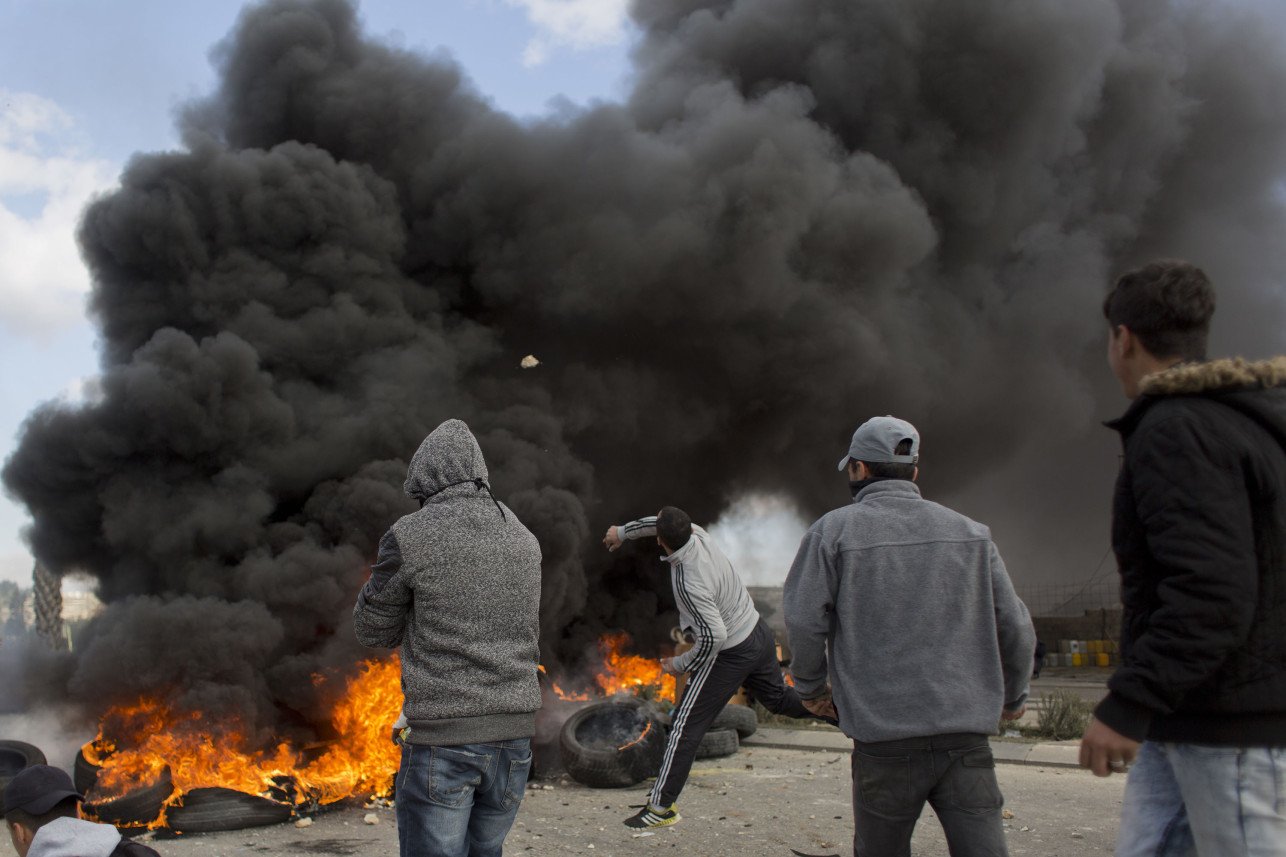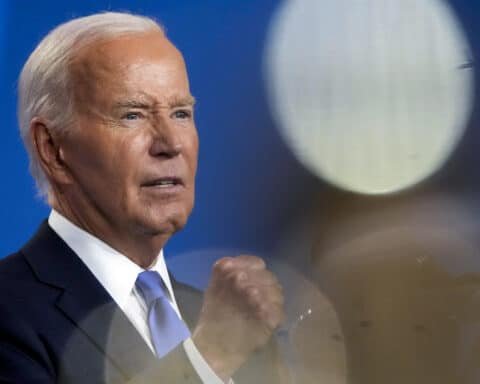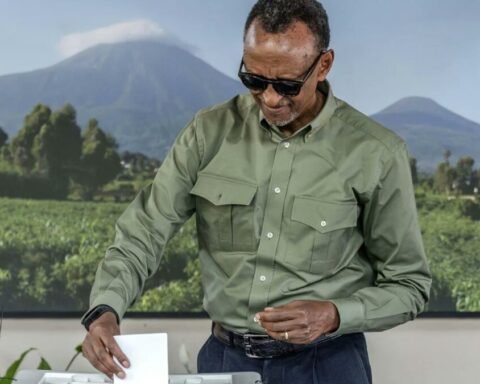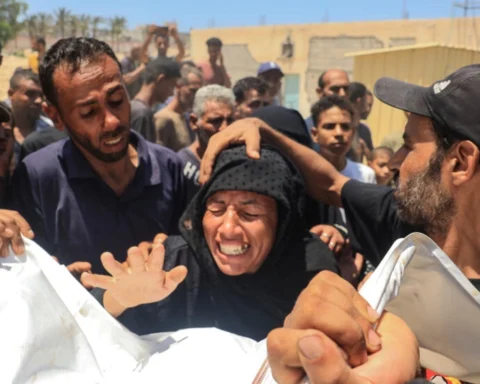One by one, 14 members of the U.N. Security Council spoke out against President Donald Trump’s decision to recognize Jerusalem as Israel’s capital at an emergency meeting on Friday, some with regret and some with anger at the 15th member, the US.
It wasn’t the first time that the U.S. stood alone in defending its close ally, Israel, in the U.N.’s most powerful body. Over decades, it has vetoed many council resolutions it viewed as harmful to Israel.
But this was a rare rebuke for an action the United States took that in the eyes of the rest of the council and most of the world clearly violates U.N. resolutions and decisions that Jerusalem is an issue to be resolved by Israel and the Palestinians in peace negotiations on a two-state solution.
The Trump administration has been working on a new Mideast peace proposal and U.S. Ambassador Nikki Haley told the council that the U.S. is more committed to peace “than we’ve ever been before – and we believe we might be closer to that goal than ever before.”
She gave no details but noted that past Israeli-Palestinian agreements have been signed on the White House lawn, and if there is a new agreement there is “a good likelihood” it will be signed there as well “because the United States has credibility of both sides.”
But Palestinian U.N. Ambassador Riyad Mansour who spoke after council members said the Trump administration’s decision on recognition “undermines and essentially disqualifies its leadership role to seek peace in the region.”
He said “one party cannot continue to monopolize the peace process,” especially one that is biased in favor of “the occupying power,” Israel.
Mansour urged the Security Council to denounce what he called the “irresponsible” U.S. decision and reaffirm its position on the status of Jerusalem that the holy city’s status must be decided during Israeli-Palestinian peace negotiations. And it must “affirm its rejection of all violations of that status,” he said.
Israel’s U.N. Ambassador Danny Danon, speaking immediately afterward, praised Trump’s courage and urged all nations to follow the United States by recognizing Jerusalem as the capital of Israel and moving their embassies to the holy city.
“There will never be peace without Jerusalem as the capital of the state of Israel,” he said. “And that will never change.”
Traditional U.S. allies in the Security Council, including Britain, France, Sweden, Italy and Japan, criticized Trump’s decision, all insisting that Jerusalem’s status must remain unresolved until final Israeli-Palestinian negotiations.
In a joint statement, ambassadors from France, Italy, Germany, Sweden and Britain disagreed with Trump’s decision, saying “it is not in line with Security Council resolutions and is unhelpful in terms of prospects for peace in the region.”
France’s U.N. Ambassador Francois Delattre expressed regret at the U.S. decision, citing legal grounds, its impact on efforts to reach a two-state solution, and the potential escalation of violence.
He said the United States must explain how Trump’s action aligns with the legal foundation “on which all peace efforts are based.”
Egypt’s U.N. Ambassador Amr Abdellatif Aboulatta called the U.S. recognition “a dangerous precedent,” saying “Jerusalem is a city under occupation and it is not permissible legally to take any action.”
The statement from the five ambassadors, echoing many speakers, called for calm “given the volatile situation on the ground.”
The U.N.’s Mideast envoy Nikolay Mladenov, who briefed the council, called for urgent international efforts to advance Israeli-Palestinian peace, warning that if the conflict isn’t resolved “it risks being engulfed in the vortex of religious radicalism throughout the Middle East.”
He said there is a risk of escalating violence following Trump’s decision and “a serious risk” of “a chain of unilateral actions” that would push the goal of peace further away.
Bolivia’s U.N. Ambassador Sasha Llorenty Soliz said the U.S. leader’s unilateral action affects the multi-cultural and multi-religious identity of Jerusalem and “is extremely damaging – it’s irresponsible because it further exacerbates the already unstable situation in the Middle East.”
(AP)








